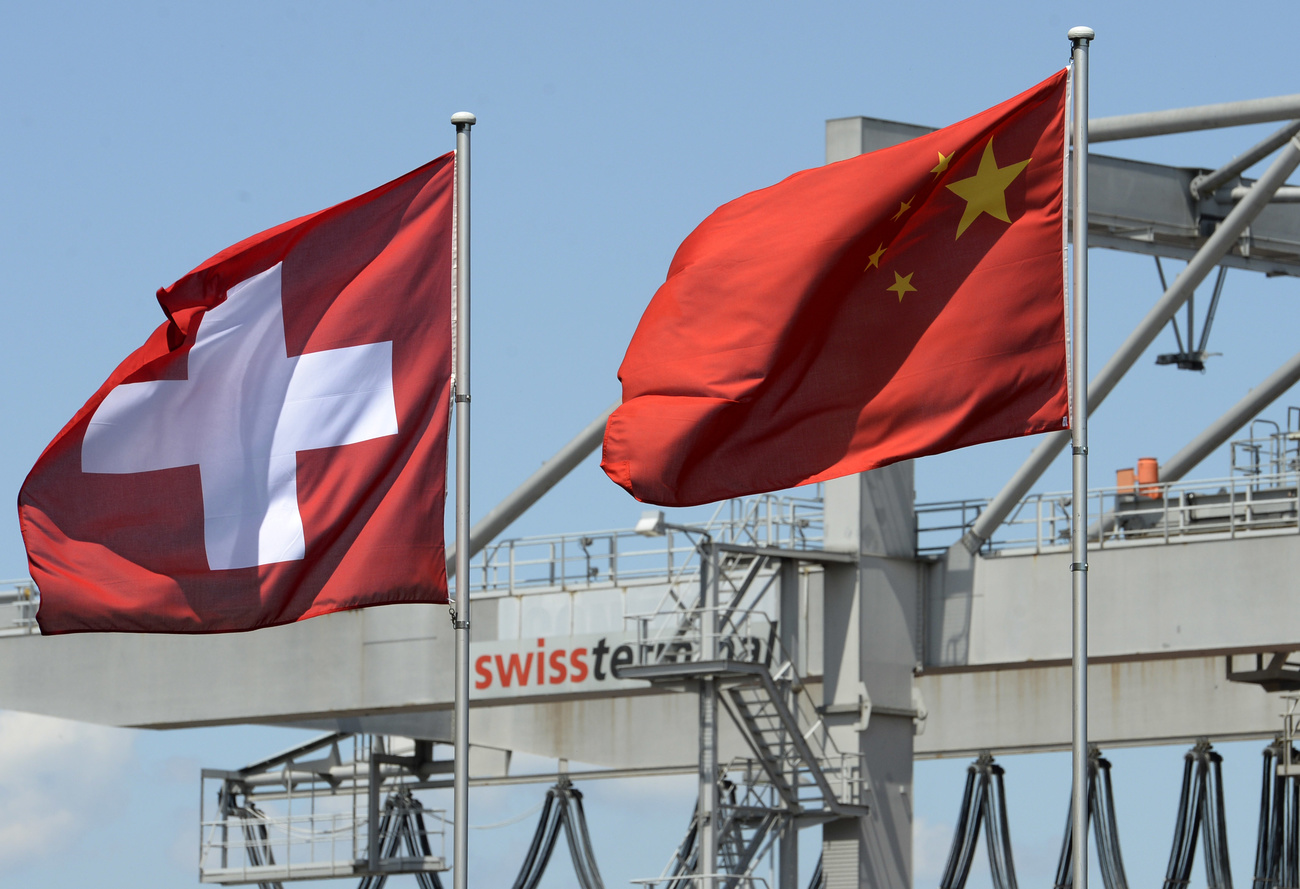
Details emerge of Swiss deal with Chinese agents

Switzerland has concluded agreements with some 60 countries – not just China – to allow their officials to come help to identify and deport illegal citizens.
The Swiss State Secretariat for Migration (SEM) confirmed on Wednesday that such practices are common, not just in Switzerland but across Europe.
Agreements exist between Switzerland and some 60 countries including Russia, Turkey, the Philippines, Algeria and Ethiopia, SEM spokesman Daniel Bach told the Keystone-SDA news agency.
On Sunday, the NZZ am Sonntag newspaper reported that negotiations with China were ongoing to renew a deal allowing officials from Beijing to come to Switzerland and question illegal Chinese migrants – including rejected asylum seekers and those without identity papers.
The following day, SEM boss Mario Gattiker appeared before parliament’s foreign affairs committee to explain why the agreement, signed in 2015, had not been formally announced; he said this was because of its status as a merely administrative or technical agreement.
Bach confirmed on Wednesday that while most of the 60 agreements are official, and therefore in the public domain, agreements with two countries – China and India – are technical.
He also said such arrangements were in the interest of Switzerland, and that Bern – not Beijing –was pushing to renew the agreement. The input provided by Chinese officials is necessary to avoid situations where illegal residents in Switzerland are unable to be deported, he said.
The officials are granted 14-day visas for the visits. Switzerland pays for the cost of hosting.

In compliance with the JTI standards
More: SWI swissinfo.ch certified by the Journalism Trust Initiative






























You can find an overview of ongoing debates with our journalists here . Please join us!
If you want to start a conversation about a topic raised in this article or want to report factual errors, email us at english@swissinfo.ch.